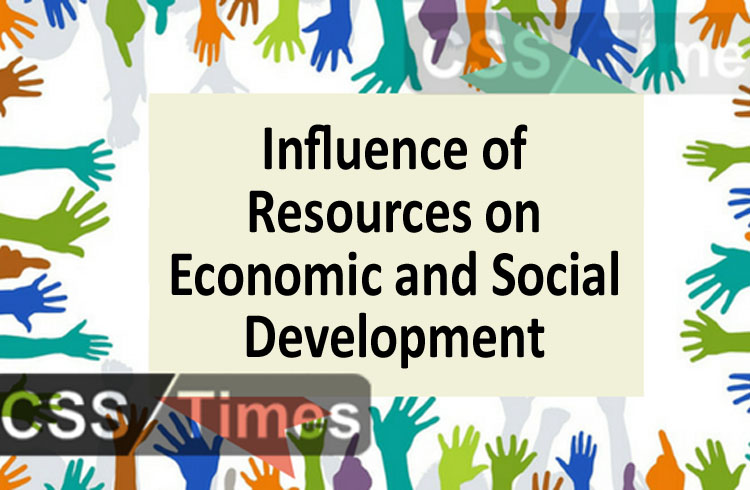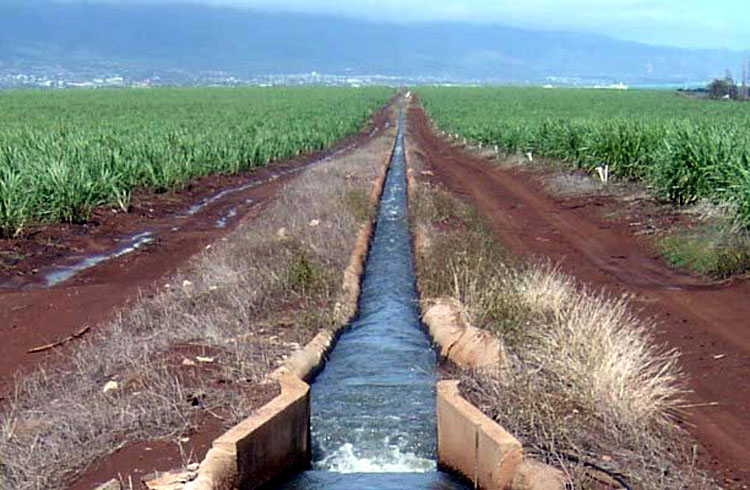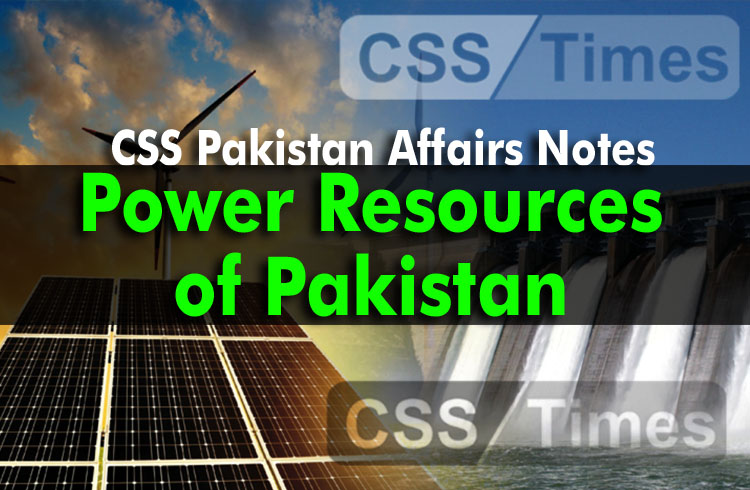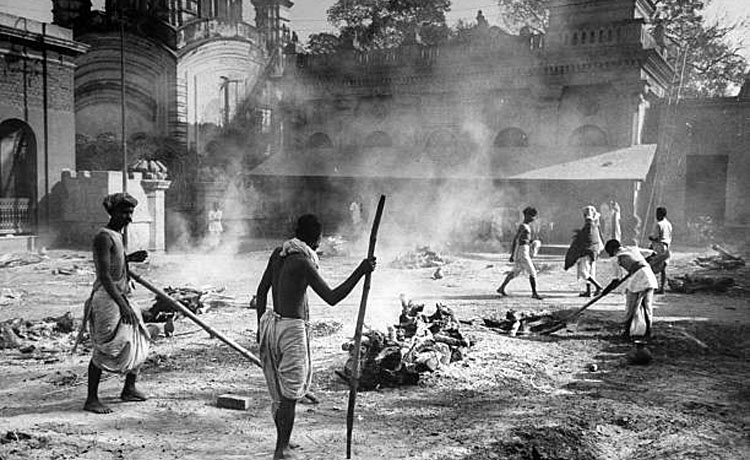Role of Industrial Sector in Economic Development
Increase in National Income:
Industrial sector also contributes in gross domestic product (GDP) of country According to year 2004-05 the contribution of industrial sector in GDP is 18.3 Percent. So in this ways this sector increases national GDP.
Development of industrial sector means more investment, employment and production. Increase in production will increase the national income. If we study the history of economic development we find that the growth in national income and per capita income has been accompanied by a relative decline in their dependence on agriculture. At present the share of industrial sector to GDP is 6.8%.
Higher standard of Living:
Industrialization helps in increasing the value of output per worker. The income of the labor, due to higher productivity increases. The rise in income raises the living standard of the people.
Economic Stability:
Industrial sector also helps government to stabilize price in country when goods are available in sufficient quantity. Industrialization is the best way to provide economic stability to the country. A nation which depends upon the production and export of raw material alone cannot compete the industrial nations.









